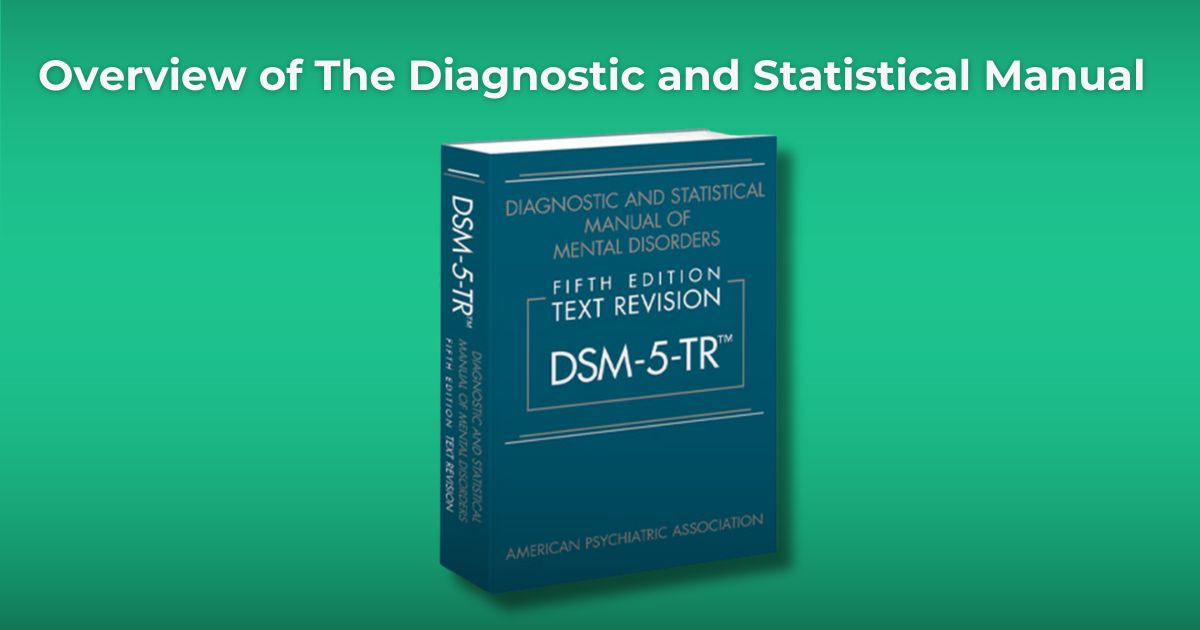Exploring the intricate relationship between ADHD and learning disabilities unveils a complex and often misunderstood intersection of cognitive and behavioral difficulties.
ADHD is a neurodevelopmental disorder that affects attention, impulse control, and hyperactivity while learning challenges encompass a wide array of difficulties in acquiring and applying knowledge.
This exploration delves into the ways in which ADHD may contribute to, exacerbate, or coexist with various learning challenges, such as dyslexia, dyscalculia, and executive function deficits.
By dissecting these connections, we aim to better understand the nuanced impact of ADHD on learning and develop strategies to support individuals who face these dual challenges in their educational journey.
ADHD and Learning Disabilities
ADHD and learning disabilities are two distinct but often intertwined challenges that significantly impact the lives of individuals, particularly in educational settings. Attention-deficit/hyperactivity disorder involves difficulties with attention, impulse control, and hyperactivity while learning disabilities encompass various obstacles in acquiring and applying specific academic skills.
This intricate relationship between ADHD and learning disabilities can complicate the educational journey, with many individuals experiencing both conditions simultaneously.
In this section, we delve into the dynamic interplay of these conditions, seeking to understand how they can mutually influence and exacerbate one another. By unraveling this connection, we aim to enhance our ability to provide tailored support and interventions for individuals grappling with the complexities of ADHD and disabilities in learning.
ADHD vs Learning Disability: How Are They Different?

ADHD and learning disabilities are distinct but frequently coexisting challenges that impact cognitive and behavioral functioning. Understanding their differences is crucial for effective diagnosis and intervention.
ADHD primarily involves issues with attention regulation, hyperactivity, and impulse control. Individuals with ADHD often struggle to focus on tasks, act impulsively and may exhibit hyperactive behaviors.
Learning disabilities, on the other hand, pertain to specific difficulties in acquiring and applying particular academic skills, like reading (dyslexia), mathematics (dyscalculia), or written expression (dysgraphia).
These difficulties are unrelated to intelligence, making it challenging for affected individuals to achieve their full academic potential.
While they differ in nature, the two conditions can overlap, complicating the learning process. For example, an individual with ADHD may also have a learning disability, making it even harder to concentrate on academic tasks.
Recognizing the distinctions and potential co-occurrence of ADHD and learning disabilities is essential for tailored support and intervention strategies, ensuring individuals receive the help they need to thrive academically and personally.
How Does ADHD Affect Learning?
The impact of ADHD on learning is a multifaceted and often underestimated issue that has far-reaching consequences for individuals, families, and educational institutions. ADHD, characterized by difficulties in sustaining attention, regulating impulses, and managing hyperactivity, can significantly hinder the learning process.
One of the most apparent impacts is a reduced ability to focus on tasks and sustain attention, making it challenging for individuals to absorb information and complete assignments. Impulsivity can lead to impromptu actions, often detrimental to learning, such as interrupting class or starting assignments without fully understanding instructions. Hyperactivity may result in restlessness and difficulty remaining seated and engaged in learning activities.
Furthermore, the organization and time management skills required for successful learning are often impaired in individuals with ADHD. This can lead to missed deadlines, disorganized study habits, and frustration and underachievement.
Recognizing the impact of ADHD on learning is vital for educators, parents, and individuals themselves to implement appropriate strategies and support, enabling those with ADHD to thrive academically and reach their full potential.
Understanding Learning Disabilities: A Closer Look
Learning disabilities refer to a range of neurodevelopmental conditions that affect an individual’s ability to acquire, process, and apply information in traditional educational settings. These disabilities are unrelated to intelligence, and affected individuals often have average or above-average cognitive abilities.
Common types of learning disabilities include:
- Dyslexia, which impairs reading and language processing;
- Dyscalculia, which affects mathematical skills;
- Dysgraphia, which disrupts writing and fine motor skills.
Other learning disabilities can impact memory, attention, or problem-solving abilities. These conditions can manifest as difficulties with reading, writing, spelling, understanding math concepts, or even organizing and completing tasks.
Learning disabilities can have a profound impact on academic achievement, self-esteem, and overall well-being. They often require specialized educational strategies and support to help individuals overcome their challenges.
Early identification and intervention are crucial in addressing learning disabilities effectively. By understanding and accommodating these differences, educators and parents can provide the necessary tools and assistance for individuals with learning disabilities to thrive academically and in other aspects of life.
Learning Disabilities: Examples
Learning disabilities encompass a diverse array of conditions, each affecting specific cognitive processes and academic skills. Here are some examples of common learning disabilities:
- Dyslexia: Dyslexia is perhaps the most well-known learning disability and impacts language processing skills, including reading and writing. Individuals with dyslexia may struggle with letter and word recognition, leading to difficulties in reading or writing fluency and comprehension.
- Dyscalculia: Dyscalculia affects mathematical abilities. People with dyscalculia may have trouble understanding numbers, mathematical operations, and mathematical reasoning.
- Dysgraphia: Dysgraphia pertains to difficulties with writing and fine motor skills. This can result in illegible handwriting and challenges in organizing thoughts on paper.
- ADHD: While not strictly a learning disability, ADHD can significantly impact learning. It involves difficulties with attention, impulse control, and hyperactivity, making it harder to focus on and complete tasks.
- Auditory Processing Disorder: Individuals with this disorder have trouble processing and understanding auditory information, which can affect listening, language development, and reading skills.
- Visual Processing Disorder: This condition impairs the interpretation of visual information, potentially causing difficulties with reading, writing, and math that rely on visual cues.
The Consequences of Coexisting ADHD and a Learning Disability

The simultaneous presence of ADHD and a learning disability creates a complex and often more challenging educational landscape for affected individuals. These dual conditions can significantly compound the difficulties they face, leading to a range of academic, emotional, and social impacts.
- Academic Challenges: Individuals with both ADHD and a learning disability often struggle to focus on educational tasks and comprehend content due to attention and processing issues. These challenges can hinder their progress in reading, writing, mathematics, and other subject areas;
- Lower Self-Esteem: The constant academic difficulties and the potential for underachievement can erode self-esteem, leading to frustration, inadequacy, and even behavioral issues;
- Social Isolation: The struggles in the classroom and with assignments can sometimes lead to social isolation, as individuals may feel disconnected from their peers and avoid educational settings;
- Increased Stress: Balancing the demands of managing both conditions can lead to heightened stress levels, further impeding their ability to learn effectively;
- Unique Support Needs: Individuals with both ADHD and learning disabilities require specialized, individualized support and accommodations to succeed academically.
Diagnosing Learning Disabilities and ADHD: The Process Explained
Diagnosing learning disabilities and attention-deficit/hyperactivity disorder involves a comprehensive and often multi-faceted process to assess an individual’s cognitive and behavioral functioning accurately.
Here’s an overview of the diagnostic process for both conditions:
- Initial Assessment: The process typically begins with an initial assessment, where parents, educators, or healthcare professionals raise concerns about a person’s academic performance or behavior.
- Clinical Evaluation: A qualified healthcare professional, such as a pediatrician, psychiatrist, or clinical psychologist, conducts a clinical evaluation. This involves a thorough medical history, developmental history, and a discussion of observed behaviors and difficulties.
- Educational Assessment: For learning disabilities, educational assessments are essential. These evaluations, often conducted by a school psychologist or special education team, involve standardized tests to measure a person’s academic strengths and weaknesses in various areas like reading, writing, and mathematics.
- Behavioral Assessment: In the case of ADHD, a behavioral assessment is conducted, which may include input from parents, teachers, and the individual. Various questionnaires and rating scales are used to assess symptoms related to attention, hyperactivity, and impulsivity.
- Differential Diagnosis: The clinician differentiates between learning disabilities and ADHD, as the conditions can sometimes present with overlapping symptoms. A thorough analysis helps ensure an accurate diagnosis.
- Co-Occurrence Consideration: In some cases, both conditions may co-occur, and identifying this comorbidity is crucial for developing appropriate treatment plans.
- Formal Diagnosis: Once the assessments are complete, a formal diagnosis is made based on the criteria established by the Diagnostic and Statistical Manual of Mental Disorders (DSM-5) for ADHD and specific guidelines for learning disabilities.
- Developing an Individualized Plan: After diagnosis, an individualized plan is created, which may include educational accommodations, behavioral interventions, and, in some cases, medication for ADHD.
ADHD & Learning Disabilities Diagnosis, Oakland, CA
An accurate diagnosis of learning disabilities and ADHD requires expertise from qualified professionals. Pediatricians, clinical psychologists, psychiatrists, and educational psychologists are typically the primary specialists who can provide accurate assessments and diagnoses.
For ADHD, consultation with a healthcare provider or psychologist is crucial, while learning disabilities are often diagnosed through educational assessments conducted by school psychologists.
Early diagnosis is vital for accessing appropriate support and interventions, so don’t hesitate to seek help from qualified experts.




